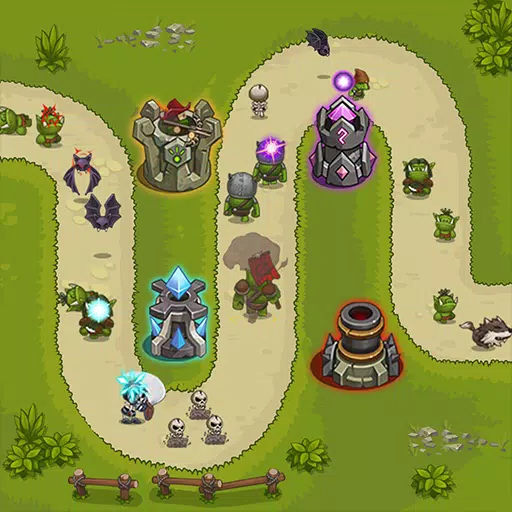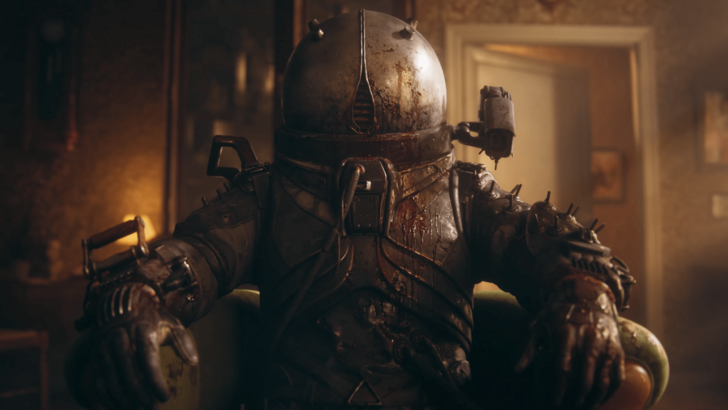Capcom's Resurgence: From Crisis to Golden Age
With *Monster Hunter Wilds* breaking Steam records and *Resident Evil* more popular than ever, thanks to *Village* and a series of stellar remakes, Capcom seems to be on an unstoppable path of success. However, it wasn't always this way. Less than a decade ago, after a series of critical and commercial flops, Capcom was struggling to maintain its position in the gaming industry. The company had lost its direction and its audience, facing an identity crisis that threatened its future.
Capcom's flagship series, *Resident Evil*, had shifted away from its survival horror roots after *Resident Evil 4*, while *Street Fighter* was faltering with the disappointing release of *Street Fighter 5*. These setbacks could have spelled the end for Capcom, but a significant transformation was on the horizon.
Resident Evil Lost Its Way
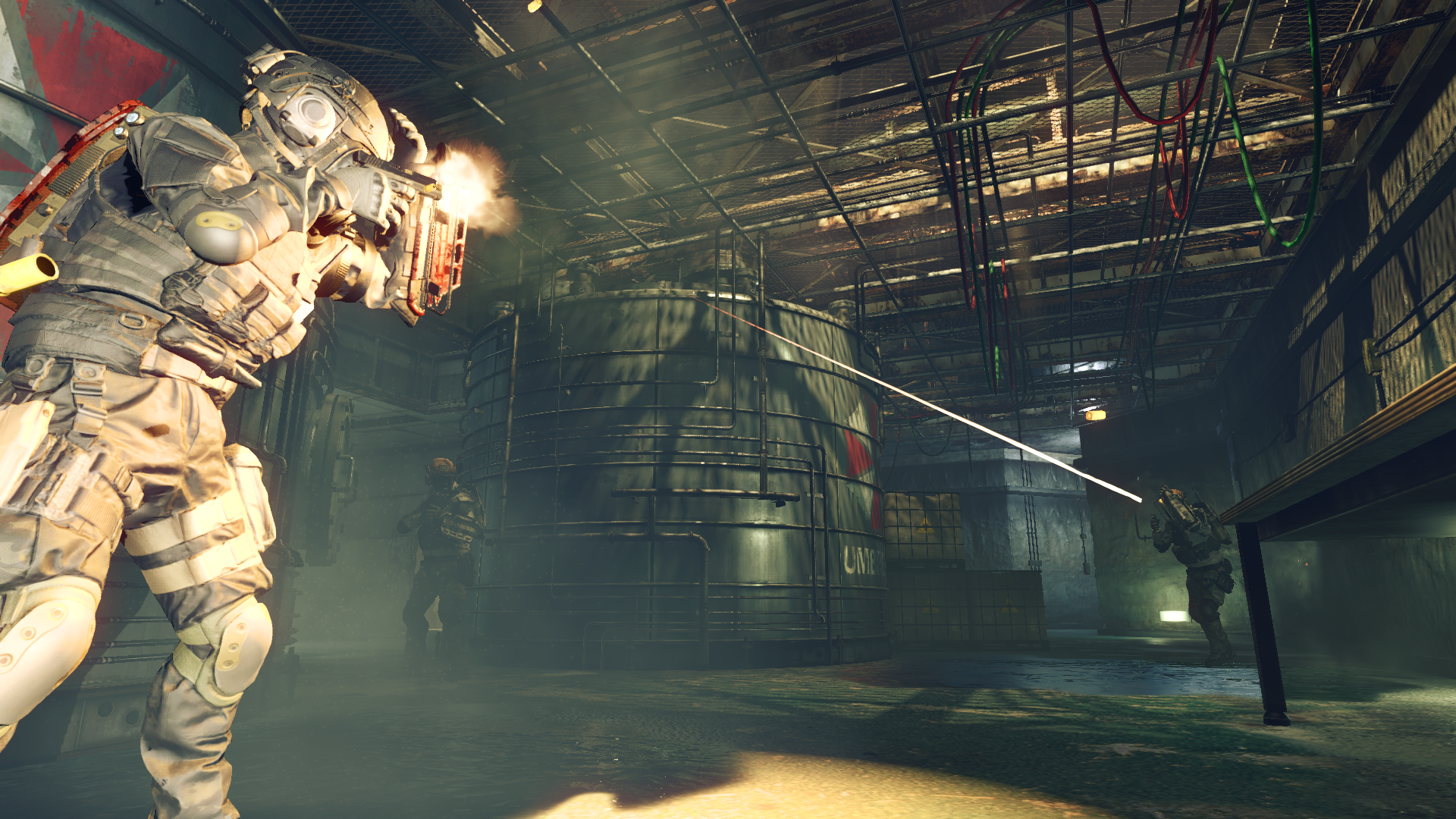 2016 was a challenging year for Capcom. *Resident Evil 6* and *Umbrella Corps* received harsh criticism, while *Street Fighter 5* and *Dead Rising 4* failed to meet fan expectations. This period marked a low point for Capcom, with mainline *Resident Evil* games receiving diminishing critical acclaim despite strong sales. *Street Fighter* and other key franchises like *Devil May Cry* were struggling, and *Monster Hunter* was having difficulty breaking into international markets despite its popularity in Japan.
2016 was a challenging year for Capcom. *Resident Evil 6* and *Umbrella Corps* received harsh criticism, while *Street Fighter 5* and *Dead Rising 4* failed to meet fan expectations. This period marked a low point for Capcom, with mainline *Resident Evil* games receiving diminishing critical acclaim despite strong sales. *Street Fighter* and other key franchises like *Devil May Cry* were struggling, and *Monster Hunter* was having difficulty breaking into international markets despite its popularity in Japan.
Capcom's developers recognized the disconnect between what they were producing and what fans wanted. "Many of us started feeling that what the fans and players wanted from the series was getting a little bit separate from what we were making," they noted. This realization was a turning point that led to a strategic overhaul.
Street Fighter 5, The Lost Cause
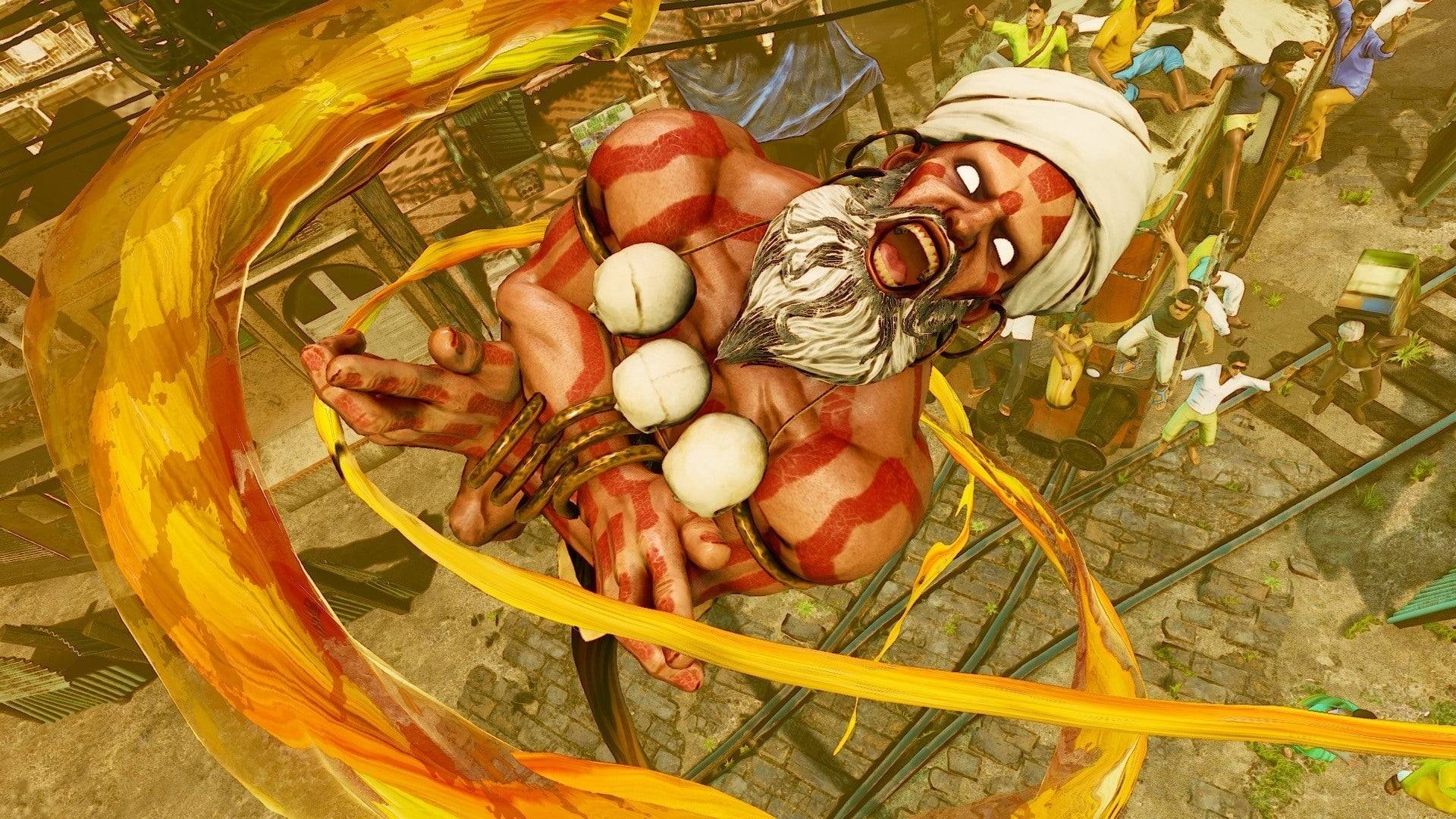 In the mid-2010s, Capcom began to implement changes to address its challenges. The first step was to fix *Street Fighter 5*. Directors Takayuki Nakayama and Shuhei Matsumoto were brought in to stabilize the game, despite the constraints they faced during development. "We just didn’t really have enough time to address some of the problems and challenges we faced in Street Fighter V," Nakayama admitted. The team used *Street Fighter 5* as a testing ground for ideas that would later be refined in *Street Fighter 6*, which launched to critical acclaim.
In the mid-2010s, Capcom began to implement changes to address its challenges. The first step was to fix *Street Fighter 5*. Directors Takayuki Nakayama and Shuhei Matsumoto were brought in to stabilize the game, despite the constraints they faced during development. "We just didn’t really have enough time to address some of the problems and challenges we faced in Street Fighter V," Nakayama admitted. The team used *Street Fighter 5* as a testing ground for ideas that would later be refined in *Street Fighter 6*, which launched to critical acclaim.
Monster Hunter Took Over The World
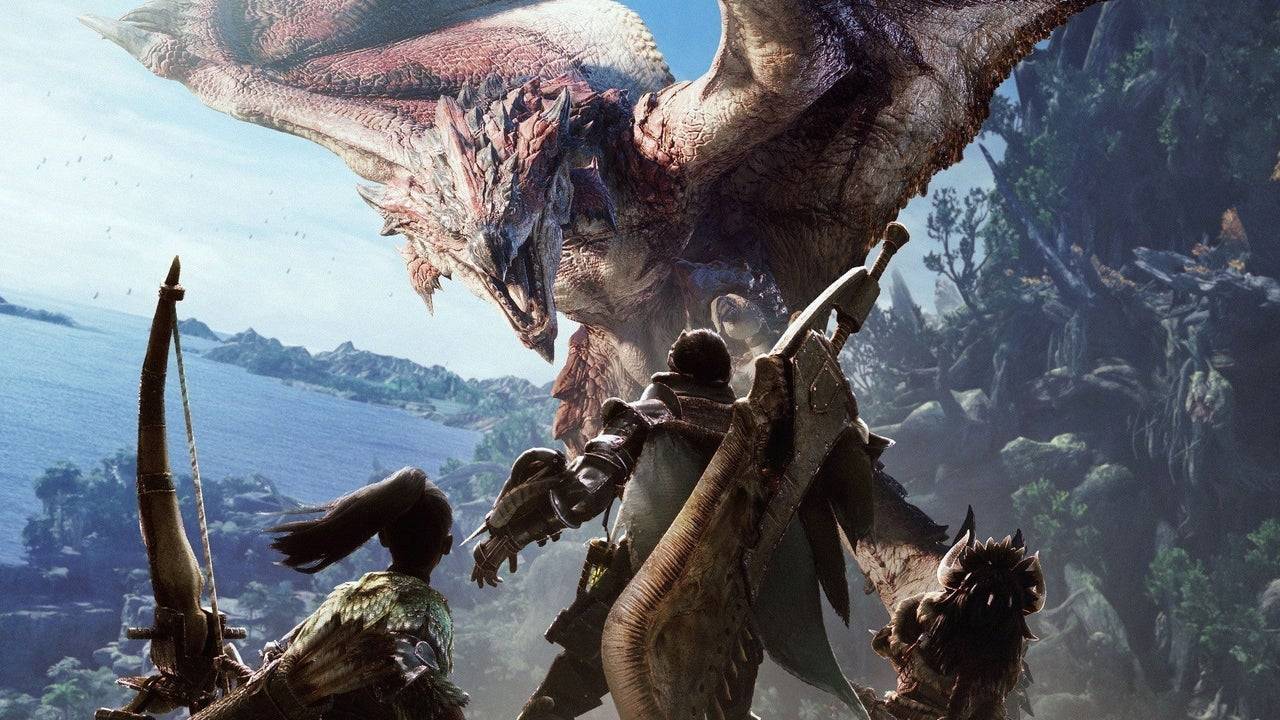 Around the same time, Capcom underwent an internal reorganization and introduced the RE Engine, which replaced the aging MT Framework. The goal was to create games for a global audience, not just specific markets. This shift was crucial for *Monster Hunter*, which had been primarily popular in Japan. With *Monster Hunter: World*, released in 2018, Capcom successfully expanded the series' appeal worldwide, achieving sales of over 20 million copies. The team's focus on global accessibility and player feedback helped transform *Monster Hunter* into a global phenomenon.
Around the same time, Capcom underwent an internal reorganization and introduced the RE Engine, which replaced the aging MT Framework. The goal was to create games for a global audience, not just specific markets. This shift was crucial for *Monster Hunter*, which had been primarily popular in Japan. With *Monster Hunter: World*, released in 2018, Capcom successfully expanded the series' appeal worldwide, achieving sales of over 20 million copies. The team's focus on global accessibility and player feedback helped transform *Monster Hunter* into a global phenomenon.
Resident Evil 7 Began Turning Things Around
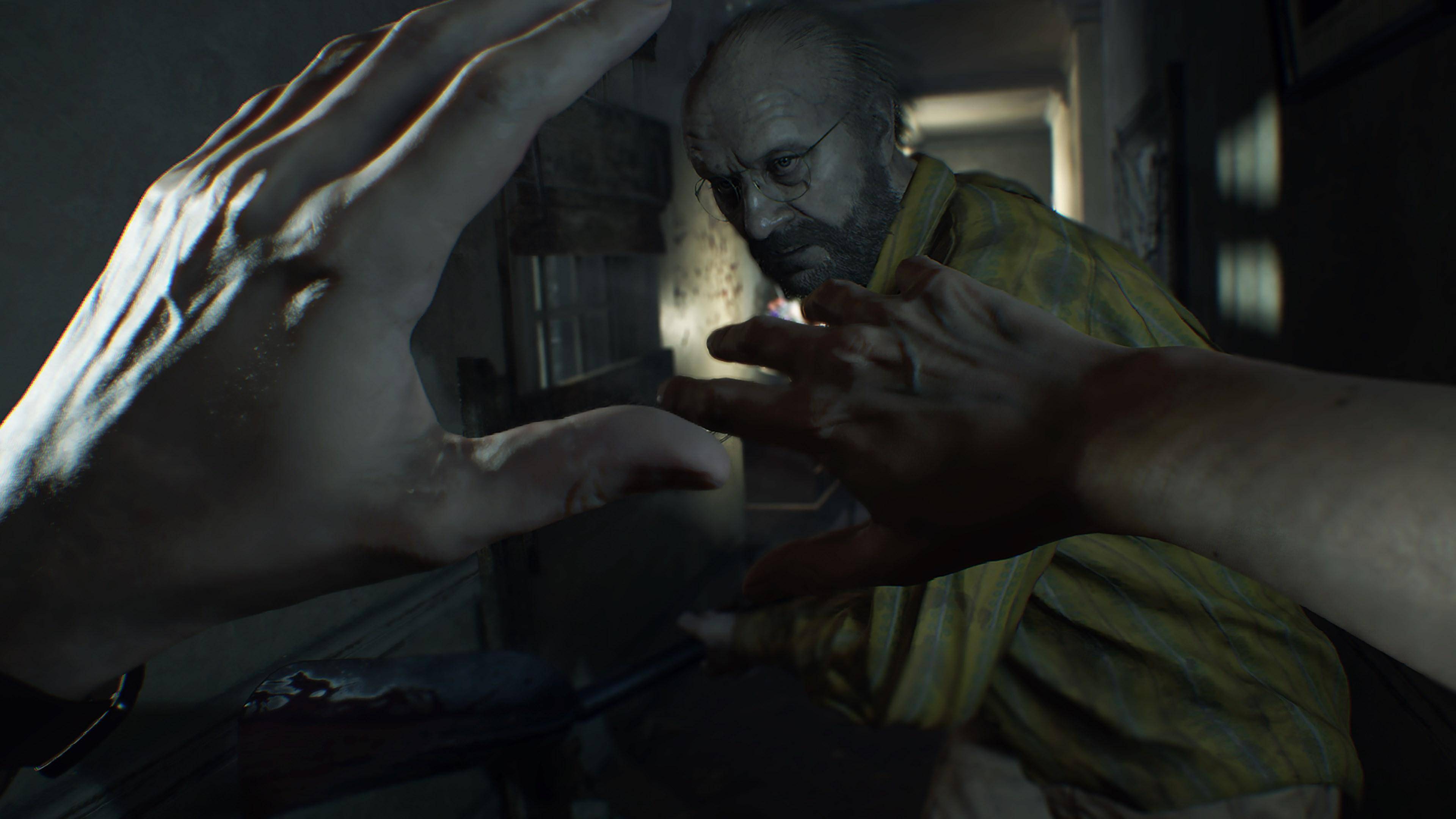 For *Resident Evil*, executive producer Jun Takeuchi decided to return to the series' survival horror roots. *Resident Evil 7* was announced with a first-person perspective, a significant departure from the series' traditional third-person view. This change allowed the game to recapture the horror that had been missing from recent entries. The success of *Resident Evil 7* paved the way for subsequent hits like *Resident Evil 2* and *4* remakes, which balanced horror and action while staying true to the series' identity.
For *Resident Evil*, executive producer Jun Takeuchi decided to return to the series' survival horror roots. *Resident Evil 7* was announced with a first-person perspective, a significant departure from the series' traditional third-person view. This change allowed the game to recapture the horror that had been missing from recent entries. The success of *Resident Evil 7* paved the way for subsequent hits like *Resident Evil 2* and *4* remakes, which balanced horror and action while staying true to the series' identity.
The Reason Behind The Change
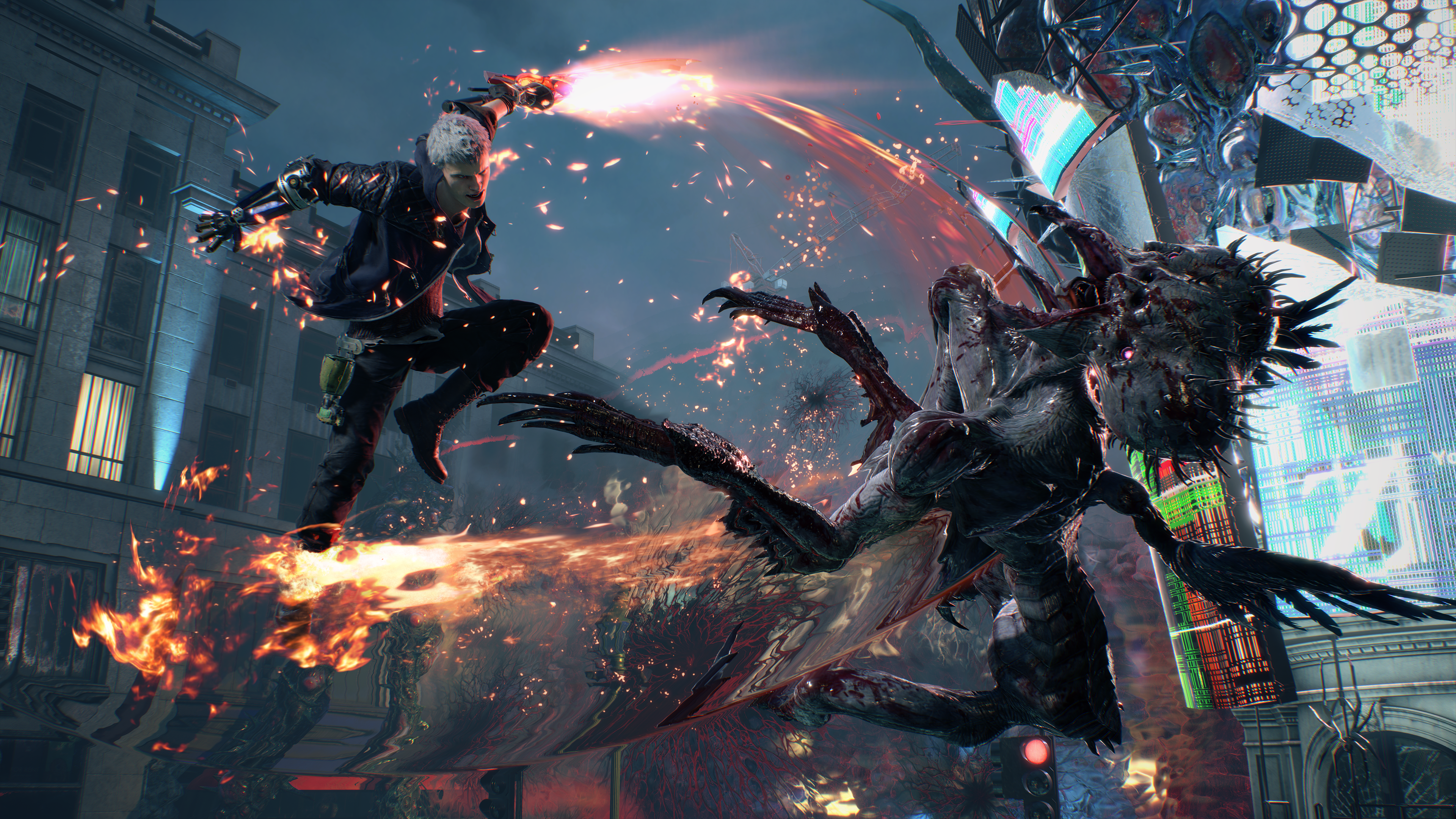 The RE Engine played a critical role in Capcom's resurgence, offering developers the tools to create visually stunning and mechanically refined games. Hideaki Itsuno, director of *Devil May Cry*, utilized the engine to create *Devil May Cry 5*, a game that embraced the series' signature style and action. "Devil May Cry is a franchise that stands on being cool," Itsuno stated, emphasizing the importance of the engine in achieving his vision.
The RE Engine played a critical role in Capcom's resurgence, offering developers the tools to create visually stunning and mechanically refined games. Hideaki Itsuno, director of *Devil May Cry*, utilized the engine to create *Devil May Cry 5*, a game that embraced the series' signature style and action. "Devil May Cry is a franchise that stands on being cool," Itsuno stated, emphasizing the importance of the engine in achieving his vision.
A New Capcom Golden Age
Since 2017, Capcom has released a series of critically acclaimed games, establishing a new golden age in its history. The company's focus on creating globally appealing games, supported by advanced technology, has resulted in a diverse portfolio that includes survival horror, fighting games, and action RPGs. "Capcom is going through a golden era, and, well, now we have to do everything we can so that this lasts one more year, one more year, and every year, one more year," said Monster Hunter's executive producer Ryozo Tsujimoto, reflecting the company's commitment to sustaining its success.
Capcom's journey from crisis to triumph showcases the importance of understanding and responding to fan expectations, leveraging new technology, and maintaining a clear vision. As the company continues to innovate and expand its reach, it stands as a testament to what can be achieved with determination and a willingness to adapt.
 Home
Home  Navigation
Navigation






 Latest Articles
Latest Articles
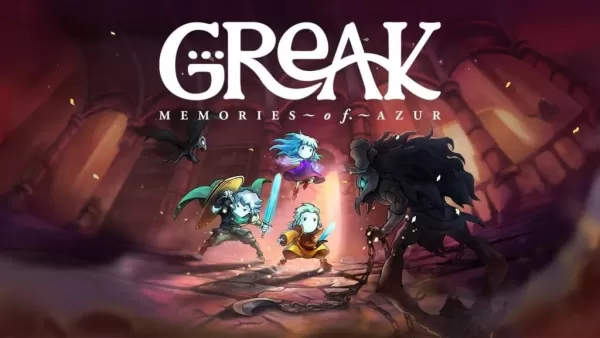








 Latest Games
Latest Games
